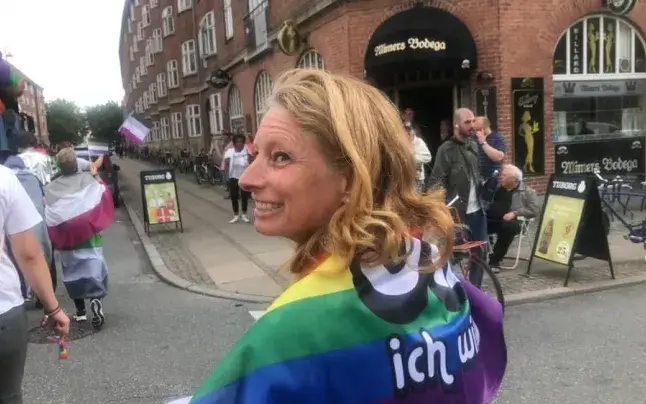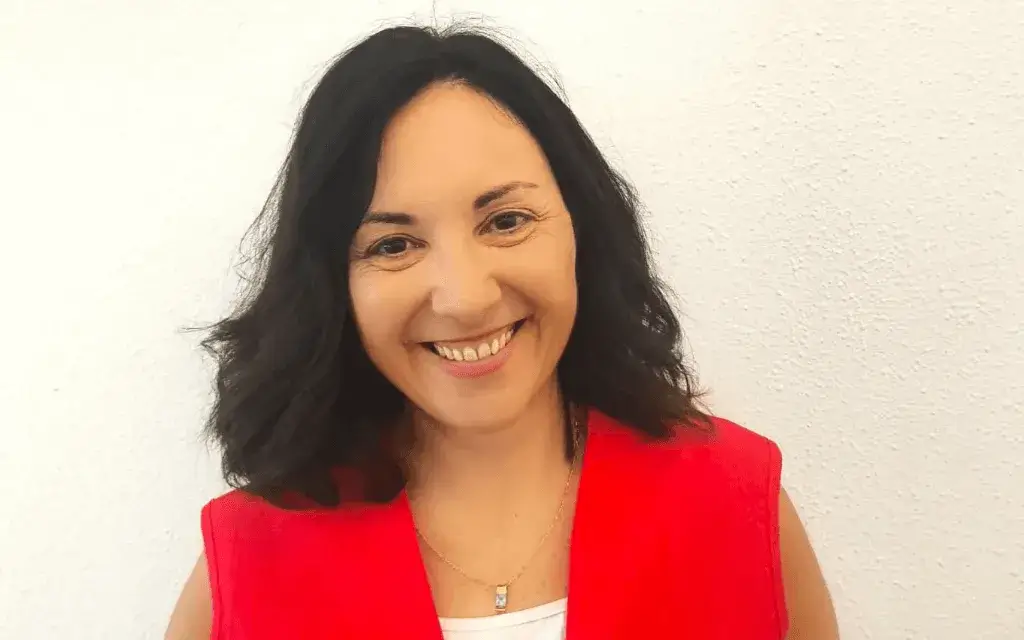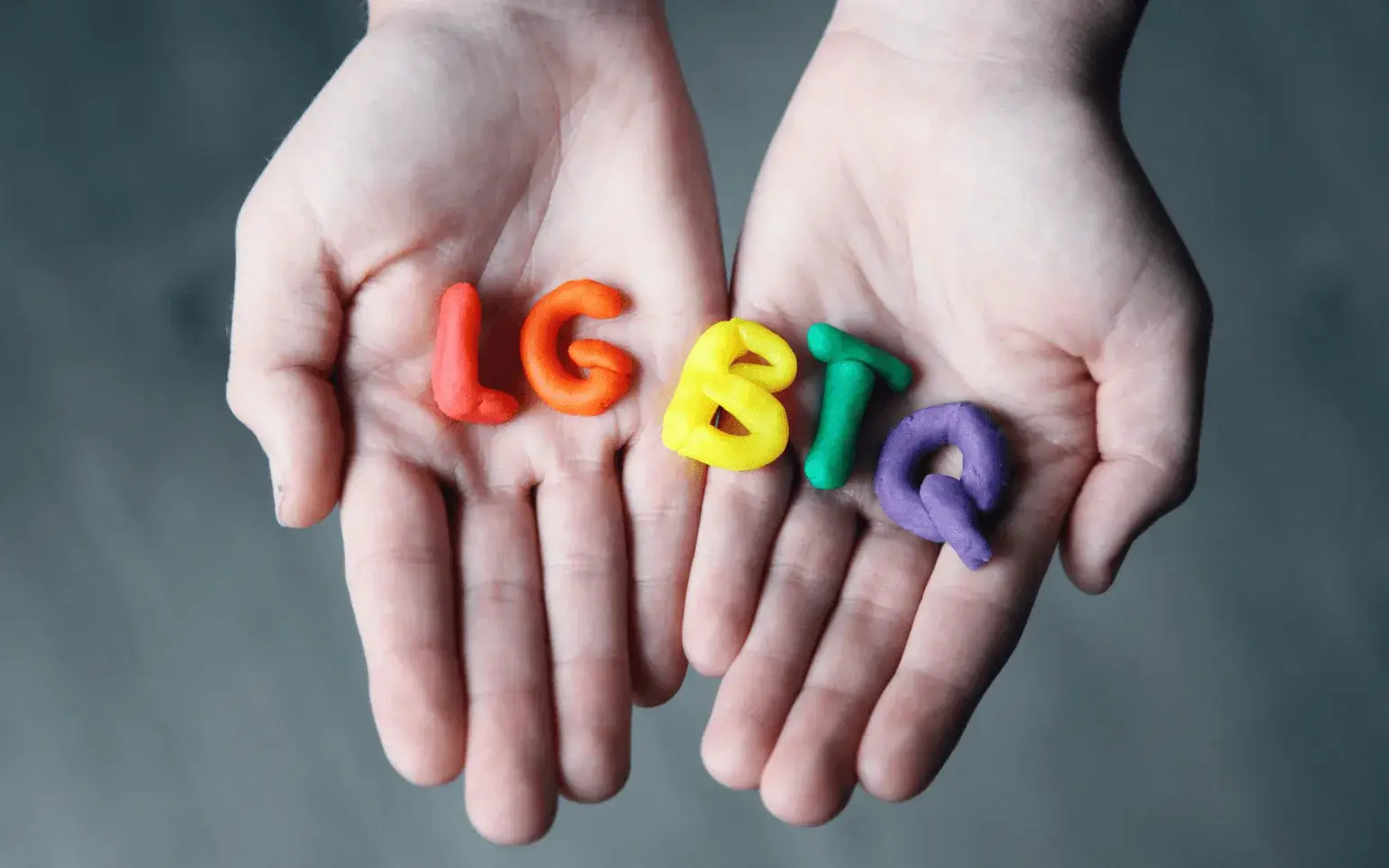Maria von Känel: “Social acceptance grows with these political victories, but we need more changes everywhere”
On 26 September 2021, Switzerland approved marriage for same-sex couples. This political victory will enter into force in July 2022 but, for von Känel and the organisations she leads, there is much more to be done.
Switzerland approved, by means of a referendum, the right of same-sex couples to marry, and it did so with 64% of votes in favour, after a struggle of 40 years. However, the real possibility to do so won’t arrive until the 1st July. Today, same-sex couples can only register as a civil partnership at the Civil Registry but, since 2018, they do have the right to adopt.
We interview Maria von Känel, the co-president of Ehe für alle – equal marriage for all and director general of Regenboden Familien – Rainbow families.
After sever years of parliamentary debate, through referendum, the right to equal marriage was adopted in Switzerland. What is your take on this process?
The path towards this vote was long, ever since homosexuals first organised to demand political equality. Time and again, the draft bill has come under attack in all its clauses: marriage, sperm donation, joint adoption…
They were able to gather the necessary signatures and submit them to referendum in April 2021 with more than 59,000 votes. The day of the vote was set for 26 December 2021 and 64.1% of votes were in favour of equal marriage for all. Finally, the Federal Council and Parliament approved the bill in December, and it will enter into force as of July 1st 2022, legally allowing same-sex marriages. Agreement from all Cantons makes us very pleased and is very unusual in Switzerland.
How have these years of debate and uncertainty been for LGBTI+ families?
LGBTI+ families had all the reasons to be happy, but the campaign for the referendum wasn’t easy: there was public confrontation constantly; many people were belittled, discriminated against and there were many reports of hate crimes.
That is why it’s urgent, even after the vote, to ensure that we bring down ignorance and prejudice that still exist in society. Diverse families in Switzerland are enriching our society, and a respectful interaction with others improves everyone’s quality of life.
Which are the next challenges for LGBTI+ families in Switzerland?
There are many areas where we still face subtle or legal discrimination time and again. We haven’t achieved full equality for marriage. Couples made up of women who manage to make their desire to have a child using donated sperm come true may only gain legal joint parenthood by adopting their step-children. Access to donated sperm isn’t yet legally regulated for trans men. Because in Switzerland, the person giving birth is always a woman, even if they are legally recognised as a man.
Today, we are carrying out a political battle for the law on parentage to be reviewed. Along these same lines, we are demanding protection for intersex children against non-medical sex reassignment and, another pending issue is the self-determination of young trans people and the recognition of binary people in Switzerland.
Of course, the right to equal marriage doesn’t change it all…
No, as I said, there are many pending battles. With regards to gender, health or education there are many pending issues, such as including at least one additional gender option in official documents or the possibility to delete all reference to gender. There’s a wide front to ban so-called ‘conversion therapies’. Another open battle is against hate crimes, awareness-raising among authorities, training of law enforcement officers and the duty of prevention at schools. Sexual orientation must stop being used as a basis for exclusion.
Another big issue is the lack of awareness on these topics at school, since many children are extremely vulnerable to bullying and discrimination.
In no terms can we talk of a total victory in Switzerland, neither at a legal level nor political or social. After all, 36% of Swiss citizens with the right to vote said no to marriage for all. Social acceptance grows with these political victories, but we need more changes everywhere. We need a strong and visible movement with many positive models.







Add new comment